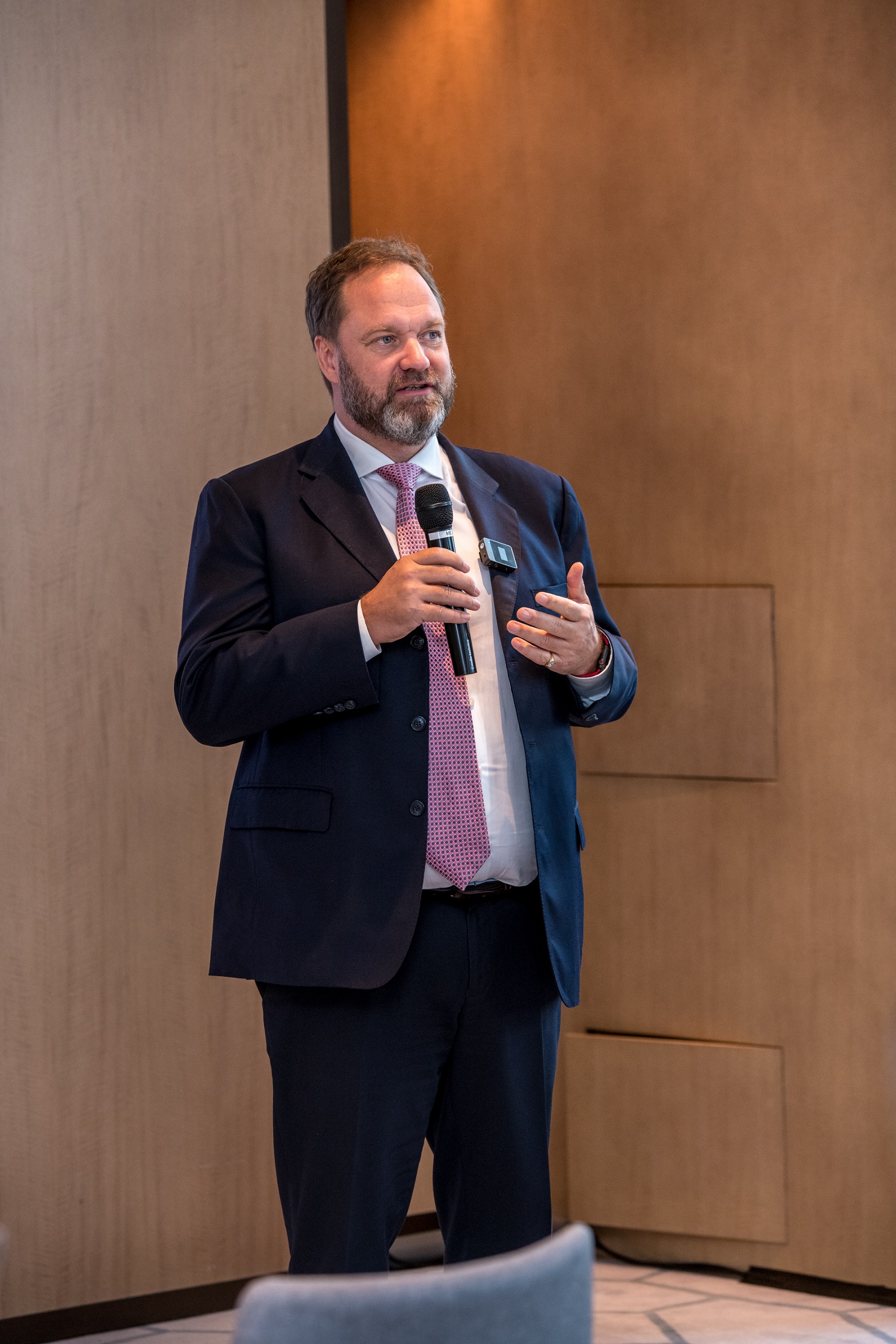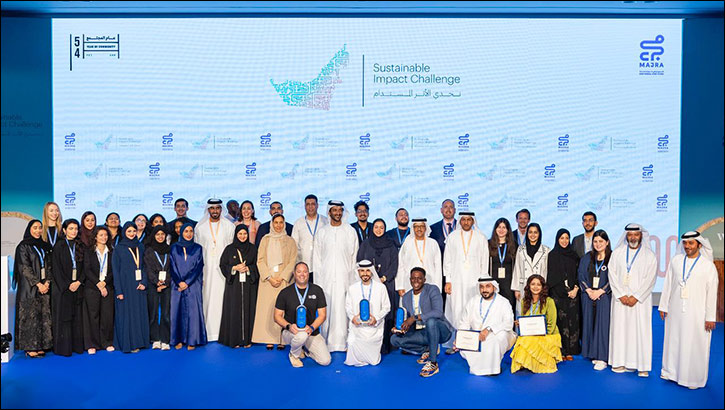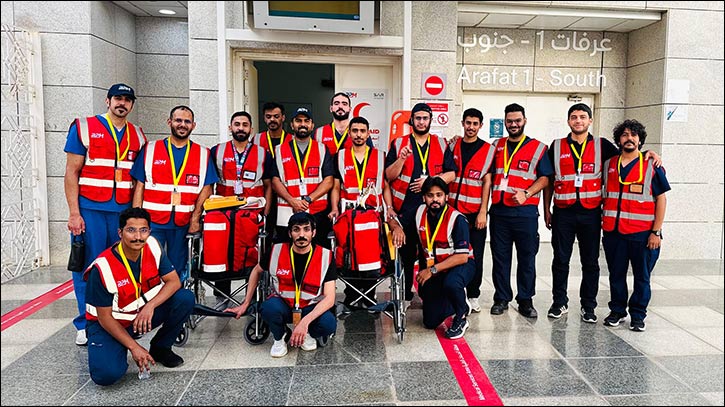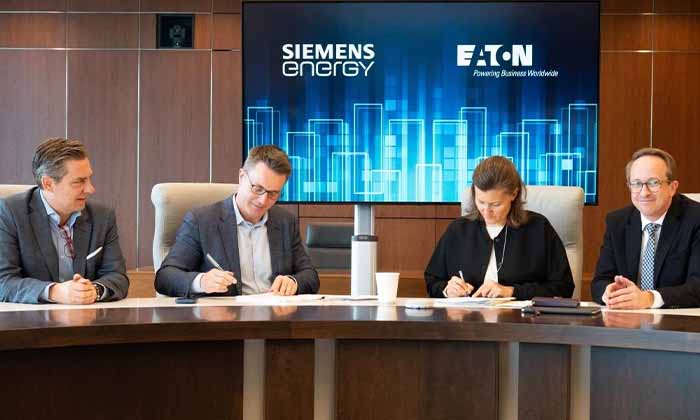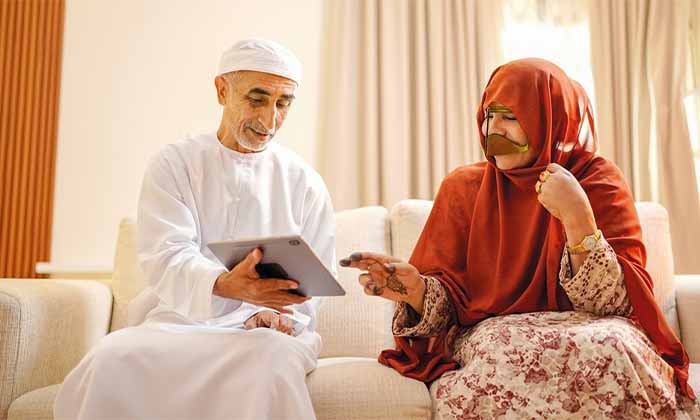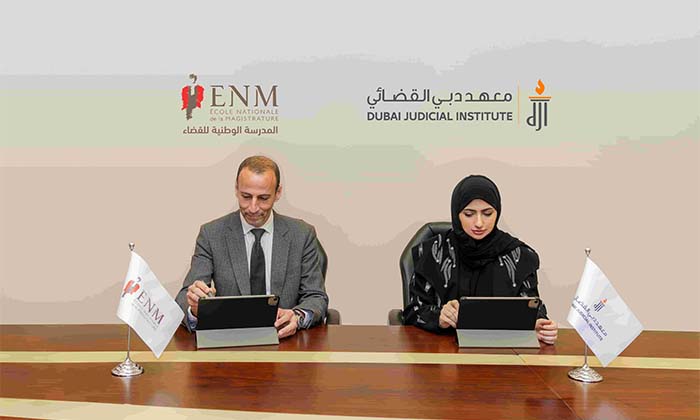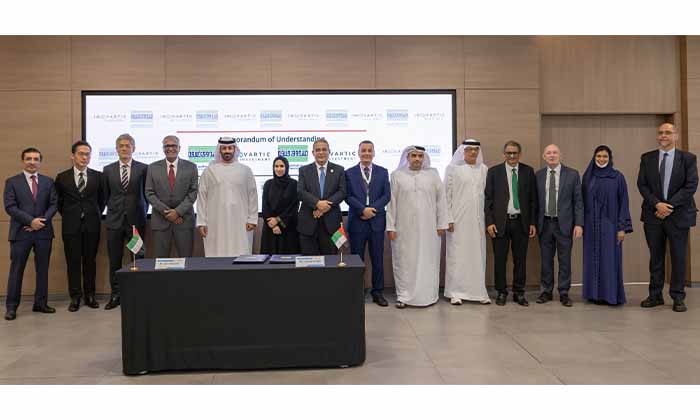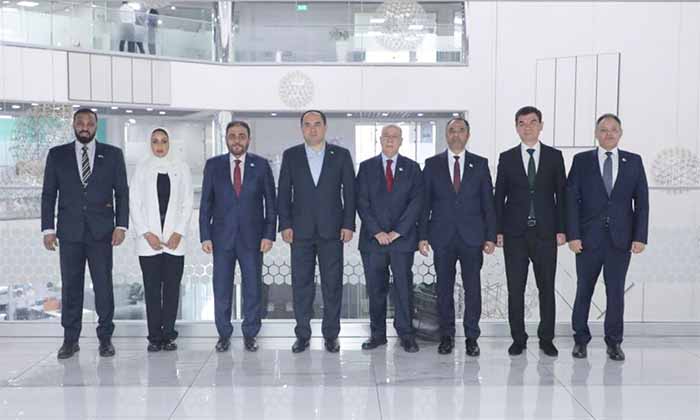As Dubai achieves the biggest growth in real estate sector transparency, JLL delivers a briefing on the need for increased sector sustainability
In line with its commitment to rapidly decarbonize cities and ensure real estate evolves and adapts in a sustainable way, JLL, the leading professional services firm specializing in real estate, investment management, and development consultancy today highlighted the need to embrace greater real estate transparency for a more sustainable future in a briefing which took place at The Address Sky View in Downtown Dubai.
According to JLL’s latest Global Real Estate Transparency Index (GRETI), Dubai and Abu Dhabi were the world’s strongest improvers, and Dubai joined the ‘Transparent’ tier for the first time this year.
The briefing provided an opportunity for industry experts and thought leaders to discuss Dubai’s position; what it might take to leap into the ‘Highly Transparent’ GRETI tier, and how sustainability is key to achieving high transparency.
Delivering the opening remarks, Thierry Delvaux, CEO, Middle East, Africa and Turkey at JLL said: “Higher real estate market transparency encourages higher investment levels. Therefore, inevitably, some of the highly transparent cities are considered to be preferred destinations for real estate investors, Dubai being an ideal example of this phenomenon. With the Dubai Land Department continually striving to enhance transparency within the sector coupled with the country’s strong economic growth, and initiatives such as visa reforms, we see a buoyant, vibrant market in Dubai and the UAE.
“It is timely that we are holding this event prior to Egypt hosting the COP27 climate talks. It has become acutely apparent that if cities and nations are going to progress up the scale of transparency in the real estate sector, there needs to be tangible sustainability action,” he added.
From a transparency perspective, the briefing highlighted:
- Real estate transparency is essential for a well-functioning economy: Today with transparency becoming the fundamental ingredient of a well-functioning economy and society, governments are recognizing the crucial role that a transparent real estate sector can play in not only attracting investment but in boosting business efficiency, raising employee well-being and productivity, as well as enhancing the quality of life through robust and well-enforced legal and regulatory frameworks that protect citizens and their property rights.
- Sustainability is the new marker of a ‘Highly Transparency’ market: Transparency relating to regulations, standards, and metrics to deliver sustainable, low-carbon, and resilient buildings will be essential, as pressures grow on the real estate industry to meet the challenge of decarbonization.
- Dubai should focus on sustainability initiatives to leapfrog to ‘Highly Transparent’: While Dubai has made significant progress in gaining a place in the ‘Transparent Tier’ for the first time, the Emirate will need to double down on initiatives and regulations to create low-carbon and resilient buildings, as businesses who are attracted to the market and have ambitious ESG commitments are increasingly seeking rigorous sustainability standards in the buildings they occupy.
Jeremy Kelly, Global Research Director, City Futures at JLL, further underlined: “Real estate transparency now goes hand-in-hand with sustainability. Decarbonizing our cities is imperative, and we are able to bring our global expertise to the table here, from discussing building regulations and certifications to retrofitting, smart buildings, utilizing technology to the full, and how best to take advantage of complex data points.”
“GRETI highlights new markers of sustainability – net zero carbon frameworks, climate risk disclosure and efficiency, and emissions tracking – all of which deliver a high transparency score. Dubai has rapidly improved to reach the ‘transparent’ tier and is focused on doing more work on the sustainability front. With the UAE hosting next year’s COP28 climate talks, it is the perfect time for the local real estate sector to bootstrap itself into greater sustainable activity.”
In addition to Dubai’s rapid growth on the transparency scale, the discussion also covered the need for increased sustainability in the sector as well as global sustainability regulations and initiatives being adopted to create a more sustainable and transparent real estate sector.
Louise Collins, JLL Head of Project & Development Services UAE and Head of Engineering & Energy MEA, shared interesting insights on decarbonizing the real estate sector including:
- Existing building stock will play a crucial part in global decarbonization: Accounting for almost 40% of global carbon emissions, the real estate industry will play a crucial role in the fight against climate change. If 80% of building stock will continue to exist in 2050, there is a clear need to retrofit buildings to decarbonize assets and align with global commitments.
- On a global GHG/capita, the UAE ranks 5th in terms of usage: With a population of 9 million and temperatures rising to 52°C mid-summer, the UAE has reportedly reduced global emissions per capita by 8% in 2020 due to decarbonization of the grid.
- The green premium for leasing in the UAE is more than 20%: It is estimated that investment products tailored for environmental, social, and governance factors could grow to more than $53 trillion of assets by 2025. With the return on green real estate in the region estimated between 7% and 30%, this investment and how to leverage finance have a huge advantage and role to play in the decarbonization of the real estate industry.
- Concrete and steel contribute 50% to the overall building embodied carbon: Currently, embodied carbon in GHG emissions accounts for 28% globally. As JLL is currently monitoring embodied carbon on-site, the company estimates that concrete and steel alone account for 50% of embodied carbon usage. It is critical to focus on low-carbon, recycled and locally sourced materials to ensure this usage is minimized. Innovation in the field will further ensure a reduction in these carbon footprints, with green concrete and other products hitting the market and becoming more economical.
During the briefing, JLL also highlighted the economic indicators pointing towards robust expansion in Dubai’s private non-oil economy, supporting economists’ views that Dubai and the UAE will remain among the global outperformers in 2022. It is evident that corporates are increasingly gravitating towards office buildings with green credentials, especially as ESG commitments grow in importance. In addition, the increasing demand for Grade A offices in Dubai reflects a flight to quality. Helped by its relative safe haven status and rising real estate transparency, the emirate has been attracting both start-ups and firms looking to relocate from other parts of the world. The availability of good quality office space continues to shrink in the face of higher demand and limited new deliveries.
-Ends-
